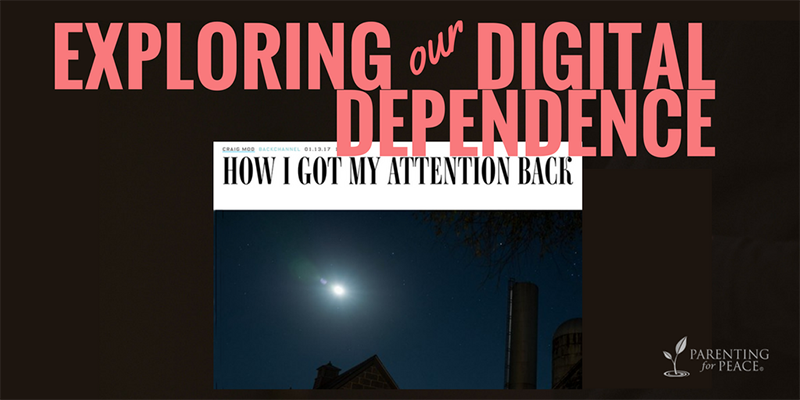 At the end of each issue of my favorite weekly news digest The Week is a 2-page section called “The last word.” It features a substantive (polite word for “long”) piece of extraordinary writing. In the final issue of last year they ran this article on digital life and attention by Craig Mod, a must-read for folks mindful enough to wonder about the effects digital dependence has on something as intangible as your attention.
At the end of each issue of my favorite weekly news digest The Week is a 2-page section called “The last word.” It features a substantive (polite word for “long”) piece of extraordinary writing. In the final issue of last year they ran this article on digital life and attention by Craig Mod, a must-read for folks mindful enough to wonder about the effects digital dependence has on something as intangible as your attention.
Neuroplasticity (the ability–nay, propensity–of our brains to change in response to experience) has been one of the most exciting scientific revelations of the past generation. It is what allows for some of our most inspiring human capacities, like emotional healing and personal reinvention.
And now, neuroplasticity is leveraged by digital engineers to guide your handheld device behavior by manipulating your neurochemistry. Think I’m being dramatic or leaning on hyperbole? Check out “Brain Hacking: Hijacking You From the Inside” featuring Anderson Cooper’s sobering 60 Minutes segment. (And if you tend toward conspiracy thinking, you might want to skip Mod’s section discussing his awareness of cunningly shifting algorithms during his Clash of Clans experience. Omg.)
I offer you this beautifully expressed article (originally from BackChannel/Wired) as a New Year’s gift — a palette-cleanser after a rough past year, and some inspiration (if even just vicarious) toward reclaiming sovereignty over something we’ve always taken for granted, something unspeakably valuable: our attention.
![]()
![]()
![]() Whether you’re curious, captivated or concerned about our digital dependence and device devotion, join me on (occasional) Wednesdays so we can explore it together. (Sign up here if you want to be sure not to miss anything!) ….. …..
Whether you’re curious, captivated or concerned about our digital dependence and device devotion, join me on (occasional) Wednesdays so we can explore it together. (Sign up here if you want to be sure not to miss anything!) ….. ….. ![]()
Stay in the Wired Wednesdays Loop:
I’ll Notify You About New Posts
![]()
Tags: Craig Mod, digital-dependence, handheld devices, neuroplasticity, smartphones, technology


